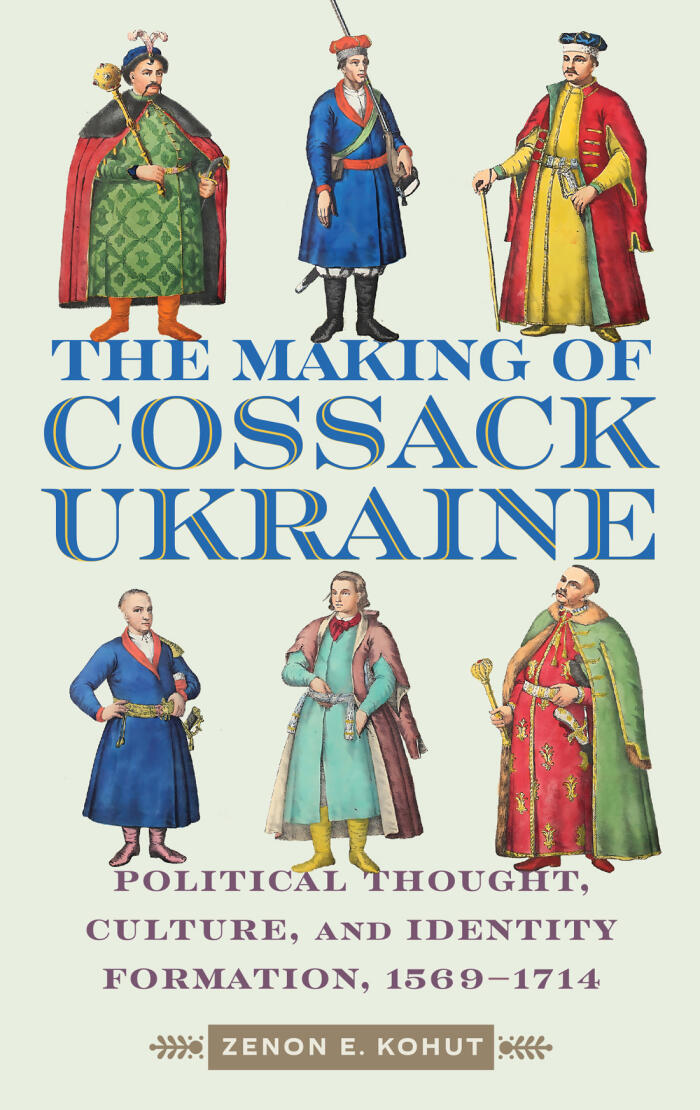
The Making of Cossack Ukraine: Political Thought, Culture, and Identity Formation, 1569-1714
par:
Zenon E. Kohut
Langue: Anglais
Format: Relié
ISBN 10: 022801901X
ISBN 13: 9780228019015
Date de publication:
October 1st, 2025
Éditeur: McGill-Queen's University Press
Pages: 704
Genres: History
Zenon E. Kohut explores the intricate tapestry of political thought, culture, and identity that shaped Cossack Ukraine from 1569 to 1714. Through meticulous research, he examines how the Cossack experience laid a foundational role in the evolution of Ukrainian national consciousness. Kohut delves into the social and political structures that defined the era, offering insights into the collective sentiments that ultimately influenced modern Ukrainian identity.
The book sheds light on the dynamic interplay between various influences and local traditions, illustrating how these elements coalesced to form a burgeoning sense of nationhood. Readers will gain an appreciation for the diverse cultural expressions and ideological currents within Cossack society, which contributed to a unique historical narrative. Kohut's analysis not only highlights the importance of the Cossacks in shaping cultural identity but also raises questions about the broader implications for contemporary Ukraine.
Through detailed accounts and thoughtful interpretations, the author invites readers to understand the complexities of a pivotal period in Ukrainian history. As he weaves together the political struggles, cultural achievements, and identity formation, Kohut ultimately presents a comprehensive view of how the past continues to resonate in Ukraine's present and future.
The book sheds light on the dynamic interplay between various influences and local traditions, illustrating how these elements coalesced to form a burgeoning sense of nationhood. Readers will gain an appreciation for the diverse cultural expressions and ideological currents within Cossack society, which contributed to a unique historical narrative. Kohut's analysis not only highlights the importance of the Cossacks in shaping cultural identity but also raises questions about the broader implications for contemporary Ukraine.
Through detailed accounts and thoughtful interpretations, the author invites readers to understand the complexities of a pivotal period in Ukrainian history. As he weaves together the political struggles, cultural achievements, and identity formation, Kohut ultimately presents a comprehensive view of how the past continues to resonate in Ukraine's present and future.